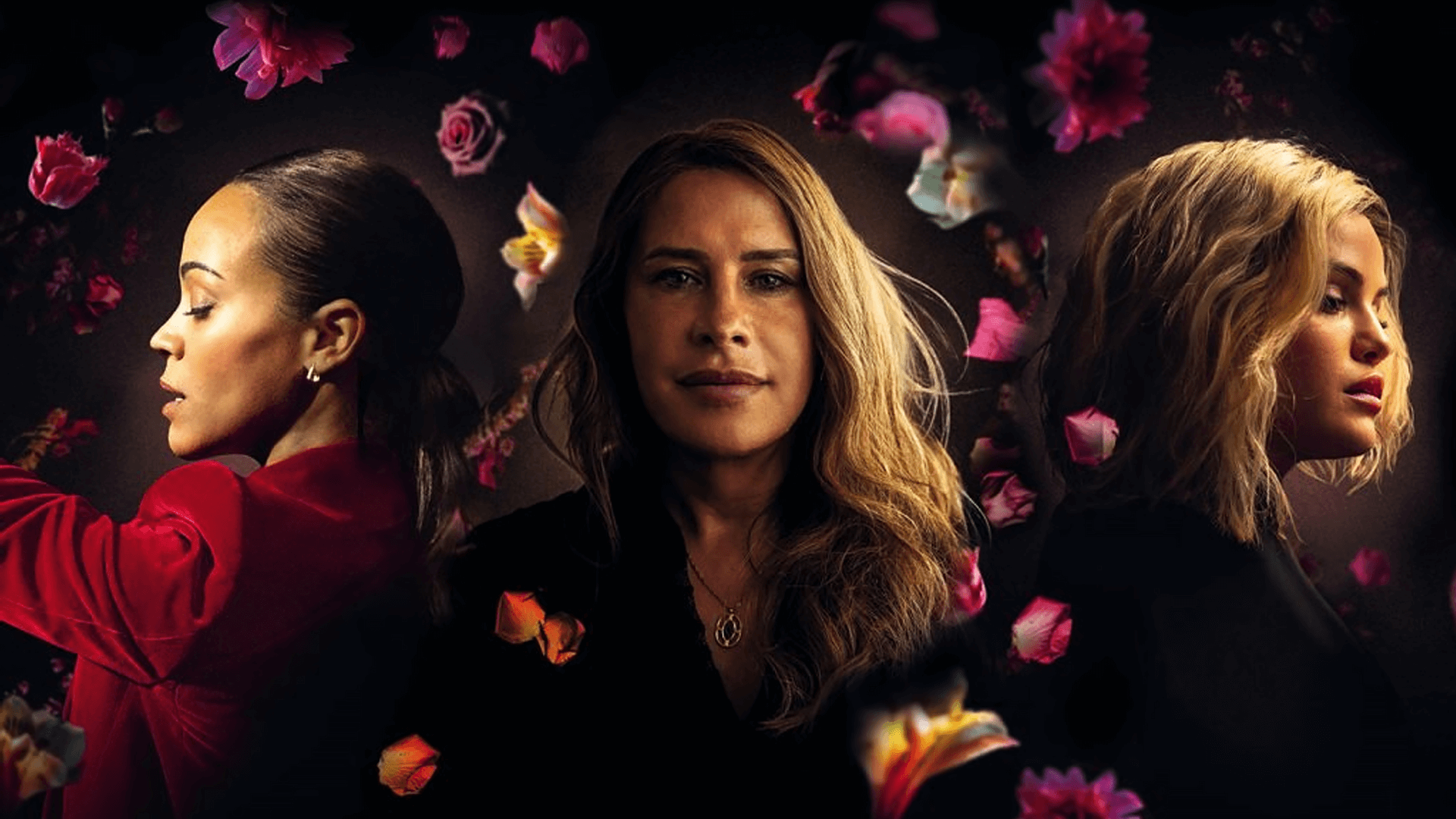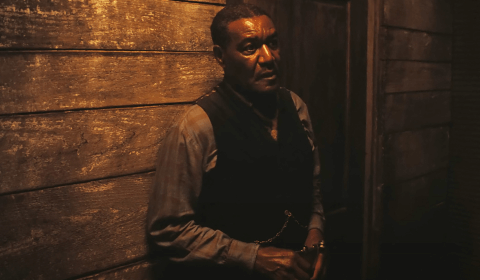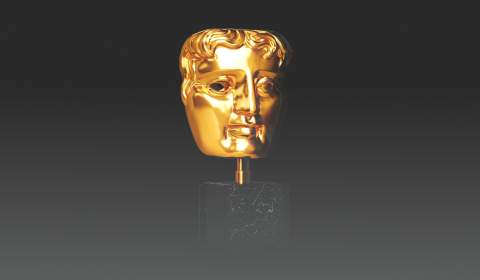Backlash against lead Karla Sofia Gascón points to the morality minefield of consuming an artist’s actions alongside their work.
Karla Sofia Gascón is the first trans woman to be nominated for Best Lead Actress at the Oscars for her role in Netflix underdog Emilia Perez.
I use the term underdog because the film itself, which focuses on the story of a cartel kingpin transitioning to live as a woman, features an unlikely cocktail of ingredients; questions of gender identity, left-of-center musical numbers, and a colourful, camp depiction of modern Mexico.
Despite its unique selling points, Emilia Perez has dominated the 2025 Oscars race and currently leads in the nomination ranks above more traditionally awards-friendly features like The Brutalist, and A Complete Unknown. But the film hasn’t been without its controversies – from backlash against the depiction of trans people to the portrayal of Mexican culture.
It’s true that this Spanish-language musical was created by a cisgender man, whose capacity to understand let alone portray the experiences of trans women is minimal. BJ Colangelo called out the Academy for its persistent celebration of a film GLAAD described as ‘profoundly retrograde in its portrayal of a trans woman’.
‘It’s wildly disappointing’ Colangelo writes, ‘to realise just how many Academy voters are completely out of touch and clearly voting for the guise of performative progress of what ‘Emilia Perez’ symbolises, rather than let the communities represented in the film take the lead and determine whether or not this is a portrayal that deserves celebration.’
Amongst these fraught discussions, there seemed to emerge one shining light for the communities Colangelo mentions above. The film’s lead Karla Sofia Gascón was recognised with what is, arguably, Hollywood’s highest honour – the Academy Award nomination. But in the days since, Gascón’s past behaviour has brought its own maelstrom of controversy, which now threatens to derail the success of Emilia Perez altogether.
In a series of now deleted tweets (Gascón has since deactivated her X account), the actress published a series of Islamophobic and racist comments touching on a range of subjects including the death of George Floyd.
‘As someone from a marginalized community’ Gascón said shortly after the tweets were unearthed by journalist Sarah Hagi, ‘I know this suffering all too well and I am deeply sorry to those I have caused pain.’
It seems an apology has not been enough, with swift backlash driving calls for Gascón to withdraw from the Oscars race.
As news of Gascón’s behaviour was emerging, I was reading Claire Dederer’s book Monsters: What do we do with Great Art by Bad People. It made me pause, forcing me to sit with the discomfort of a question we so often choose to avoid: can we separate the art from the artist?
Is it just a means to assuage our own guilt, as if consuming makes us complicit by proxy? Or, is the appreciation of art a separate issue – does disregarding it do more harm than good?
These questions are at the forefront of the Gascón scandal. And perhaps the wider backlash surrounding Emilia Perez.
I’ve been thinking a lot about how these kinds of reckonings play out in the court of public opinion. There’s always the same pattern. The discovery. The outrage. The apology – sometimes heartfelt, sometimes performative. The debate over whether the person in question has truly changed. And, inevitably, the question: Can we still celebrate their work?
One argument that always crops up is the matter of hindsight. As if time alone absolves people of their actions. As if we, they, would have ‘known better’ had we been there at the time. Dederer explores this in Monsters, and I’m inclined to agree with her suggestion that this concept is flawed.
Look at the world today – wars rage on, discrimination is rampant, injustice festers. We like to believe that moral progress is a straight line, that we are always moving forward, but history tells us otherwise. Future generations will look back on us and wonder why we didn’t do more, why we didn’t know better. It’s a comforting myth, the idea that growth is inevitable. But growth is a choice, one that requires real work.
It’s also worth noting that Gascón’s comments were posted as recently as 2021. That’s hardly enough time to erase the damage they caused, nor to justify their existence. (And does this imply there exists a ‘perfect’ amount of time in which the terribleness of an action is eroded? I doubt it.)
But while there’s no question that her words were harmful, that they perpetuated bigotry, does that mean Gascón should be erased from this moment of artistic recognition? Can we acknowledge both her talent and her failings at the same time?
Zoe Saldaña, Gascón’s Emilia Perez co-star, recently gave an emotional speech asking for grace and forgiveness. ‘Keep your minds and hearts open,’ she pleaded. I don’t think she was excusing Gascón’s past actions, but rather reminding us that people are complex. That someone can be both a trailblazer and a person who has caused harm.
Just because somebody is a member of a marginalized community doesn’t automatically make them a good person, just as it doesn’t predetermine the opposite. We don’t have to flatten people into heroes or villains in order to hold them accountable.
What I do know is that art doesn’t exist in a vacuum. It is made by flawed, sometimes terrible people. And if we dig deep enough, we will find something uncomfortable about almost anyone who created something we love.
That doesn’t mean we should excuse harm. It doesn’t mean we should blindly separate art from artist. But it does mean we have to sit with the discomfort, to ask the hard questions, and to resist the urge to fall back on easy, moralistic answers.















